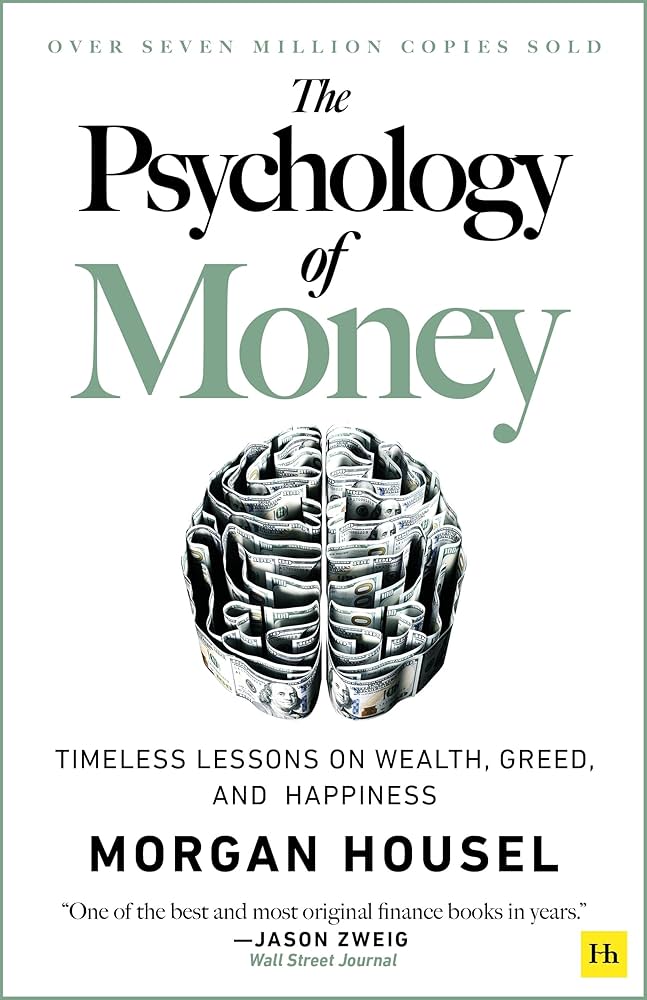
In 2020, an exceptionally favorable review was published regarding Benjamin Wardhaugh’s intriguing work, “The Book of Wonder: The Many Lives of Euclid’s Elements.” This subsequently resulted in another commendable critique of “Reading Mathematics in Early Modern Europe,” a volume that Wardhaugh contributed to and edited. This was followed by a concise blog entry about the research endeavor, “Reading Euclid,” which gave rise to both books.
Benjamin Wardhaugh sent an email announcing his latest publication, “Counting: Humans, History, and the Infinite Lives of Numbers” (William Collins, 2024). This book investigates the history of counting, broadening its scope beyond conventional mathematics to include anthropology. The narrative of counting is depicted as a tree with numerous roots and branches, highlighting its varied cultural practices.
Wardhaugh’s method does not present a linear story but is instead comprised of independent essays divided into eight segments. Two of these segments investigate the origins of counting, while six navigate through its branches across various cultures and epochs. Illustrations of counting methods include the Sumerians, Egyptians counting coins, Greek jurors employing counters, and Chinese and Japanese devices such as abacuses.
Wardhaugh notes that counting does not possess a singular history, as it is a prevalent and diverse activity throughout human civilization. His book offers a comprehensive examination of counting within different cultural frameworks, rendering it a captivating read for anyone fascinated by human history. The volume contains outlines of sources for each essay, cites a curated bibliography, and includes a thorough index. Readers will discover an engaging companion in Wardhaugh as they explore the intricate “tree” of counting’s history.